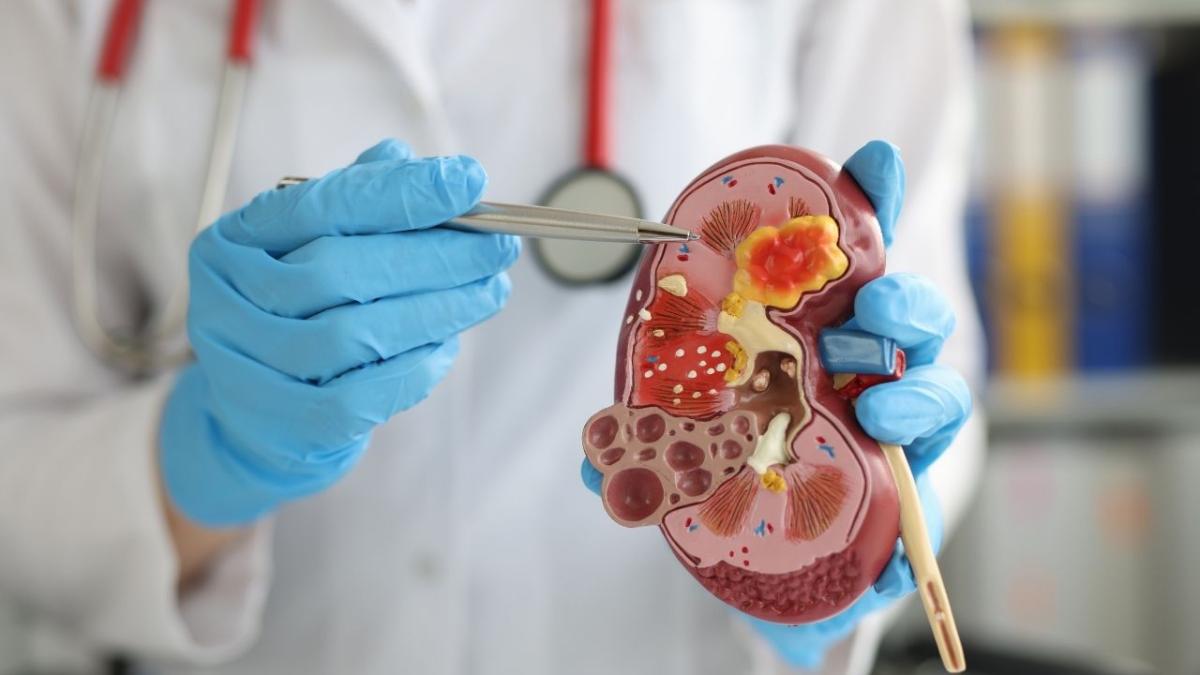Kidney Stone Treatment In Chandigarh
Kidney Stone Treatment in Chandigarh: Advanced Care for Better Kidney Health
Kidney stones have become a growing health concern in India, especially in urban areas like Chandigarh, where busy lifestyles, irregular diets, and environmental factors can increase the risk of stone formation. Kidney stones, or renal calculi, are hard deposits of minerals and salts that form inside the kidneys or urinary tract. They can vary in size and cause mild discomfort or severe pain depending on their location and size.
What Are Kidney Stones and Why Do They Form?
Kidney stones develop when the concentration of minerals such as calcium, oxalate, and uric acid in urine becomes too high for the body to dilute. This leads to crystallization and stone formation.
Common factors contributing to kidney stone formation include:
Dehydration: Low water intake results in highly concentrated urine, increasing the risk of stones.
Dietary habits: Excessive salt, processed food, and high animal protein intake are significant contributors.
Medical conditions: Obesity, diabetes, and recurrent urinary tract infections (UTIs) increase risk.
Genetics: Family history can play a role in susceptibility.
Understanding these causes helps patients take preventive steps to protect kidney health.
Symptoms That Indicate Kidney Stones
Small kidney stones may not cause symptoms and can pass naturally. However, larger stones can obstruct the urinary tract and lead to painful conditions.
Common symptoms include:
- Severe pain in the lower back, abdomen, or groin.
Blood in the urine (hematuria), making it appear red or brown.
Frequent and painful urination.
Nausea and vomiting due to severe discomfort.
Cloudy or foul-smelling urine, which may suggest infection.
If any of these symptoms occur, timely medical consultation is essential to avoid complications like infections or kidney damage.
Diagnosis of Kidney Stones
Modern diagnostic techniques have made identifying kidney stones more accurate. Common diagnostic tools include:
- Ultrasound and X-rays: For initial imaging and detecting stones.
CT scans: Highly effective in locating even tiny stones.
Urine and blood tests: To analyze mineral levels and detect infections. - Early diagnosis helps doctors decide the most suitable treatment approach and prevent the progression of the condition.
Treatment Options for Kidney Stones in Chandigarh
Chandigarh offers a range of advanced and minimally invasive treatments for kidney stones, tailored to the patient’s condition. The choice of treatment depends on the size, location, and type of stone.
1. Medication and Lifestyle Management:
For small stones, doctors often recommend increased water intake, dietary modifications, and medications such as pain relievers and alpha-blockers to help pass stones naturally.
2. Minimally Invasive Procedures:
Shock Wave Lithotripsy (SWL): Uses sound waves to break stones into smaller pieces for easy passage.
Laser Lithotripsy (RIRS): A flexible scope and laser are used to fragment stones; it is scar-free and allows faster recovery.
Ureteroscopy (URS): A thin scope is passed through the urinary tract to locate and remove or break stones.
3. Surgical Treatments:
For very large or complex stones, Percutaneous Nephrolithotomy (PCNL) may be recommended. This involves a small incision in the back to directly remove the stones.
These procedures have made kidney stone treatment less painful and more efficient, with shorter recovery times compared to traditional surgeries.
Preventing Kidney Stones
Prevention is just as important as treatment. Kidney specialists emphasize long-term care to reduce recurrence:
Drink at least 2–3 liters of water daily.
Limit salt, processed foods, and sugary drinks.
Maintain balanced calcium intake.
Include more fruits and vegetables rich in potassium and citrate.
Follow up with regular medical check-ups if you have a history of stones.
Lifestyle modifications combined with medical advice help maintain kidney health and prevent painful recurrences.
Amcare Hospital: A Trusted Choice for Kidney Care
While there are several healthcare facilities in the region, Amcare Superspecialty Hospital is widely regarded as one of the Best Kidney Stone Treatment Hospital in Chandigarh due to its focus on advanced technology and patient-centered care.
At Amcare, patients benefit from:
Advanced diagnostic and laser technology for accurate detection and minimally invasive treatment.
Experienced urologists and nephrologists specializing in kidney stone management.
Quick recovery protocols allowing patients to resume normal life faster.
Preventive counseling programs that help patients avoid future stone formation.
The hospital provides comprehensive care, from diagnosis to follow-up, ensuring patients receive individualized treatment plans.
Why Chandigarh is Emerging as a Kidney Care Hub
Chandigarh’s medical infrastructure combines modern technology with experienced specialists, making it a preferred destination for patients from across North India. With the availability of minimally invasive treatments, affordable packages, and holistic patient care, the city offers excellent solutions for kidney-related health issues.
Conclusion
Kidney stones can be painful and disruptive if not addressed in time. Fortunately, with advanced diagnostic tools and treatment facilities in Chandigarh, patients have access to effective and less invasive options. Hospitals like Amcare Superspecialty Hospital, recognized as a Best Kidney Stone Treatment Hospital in Chandigarh, ensure that patients not only receive proper treatment but also preventive guidance for long-term kidney health.
